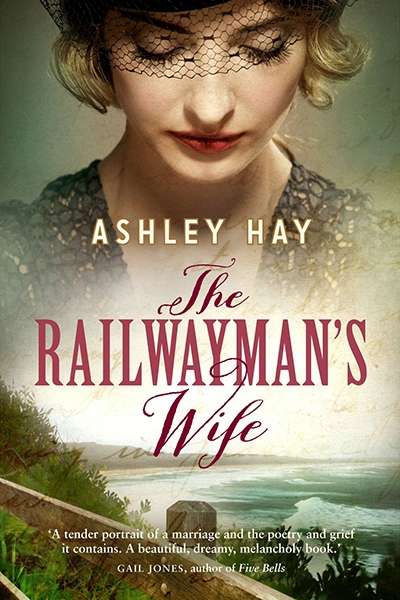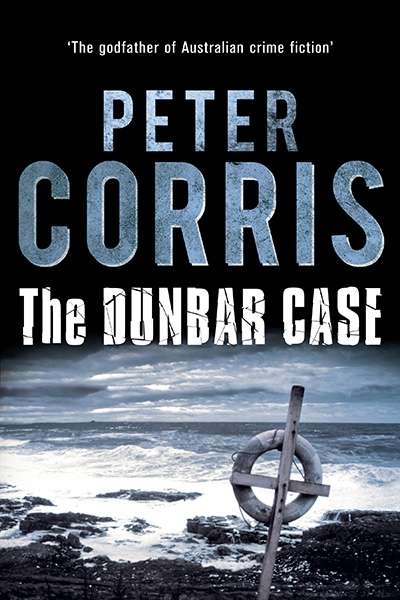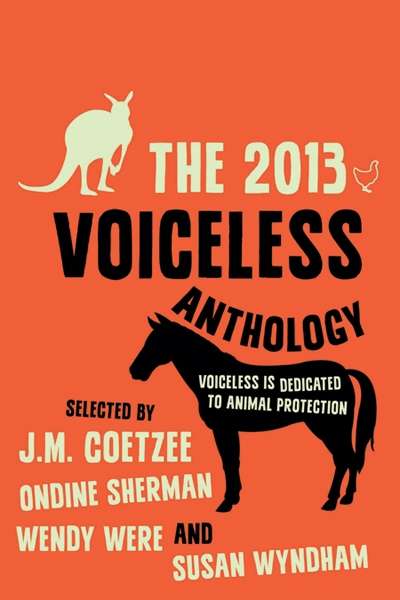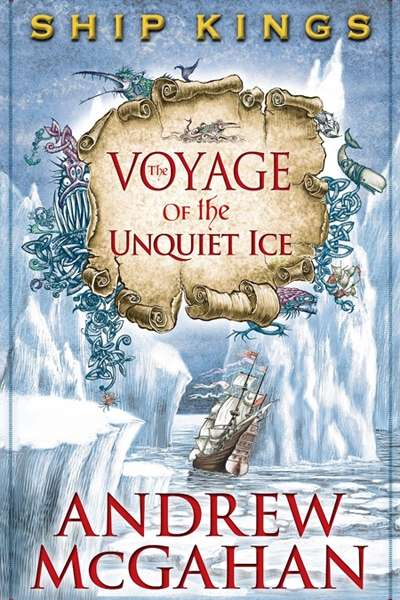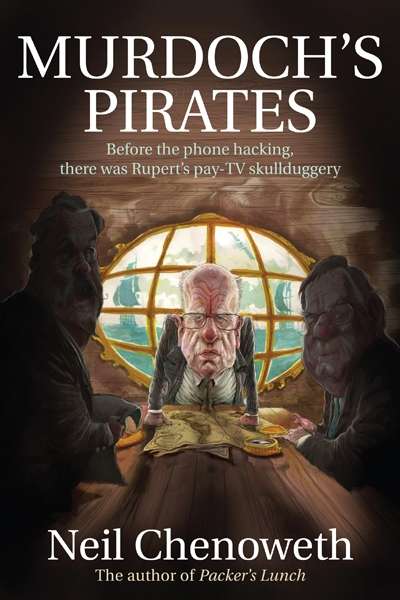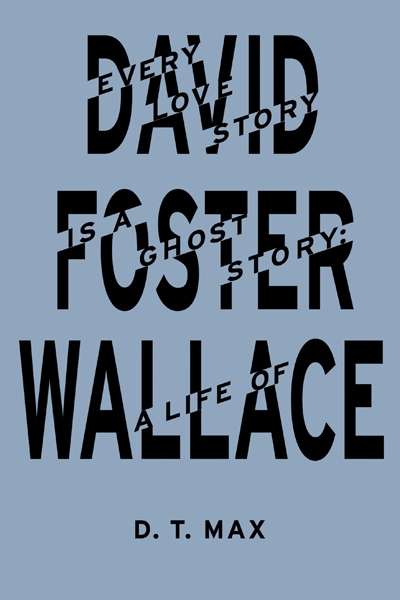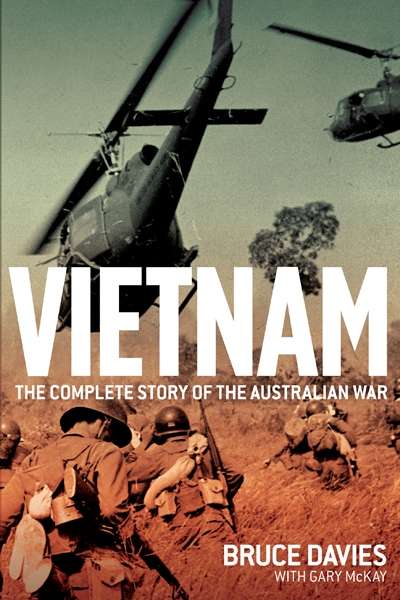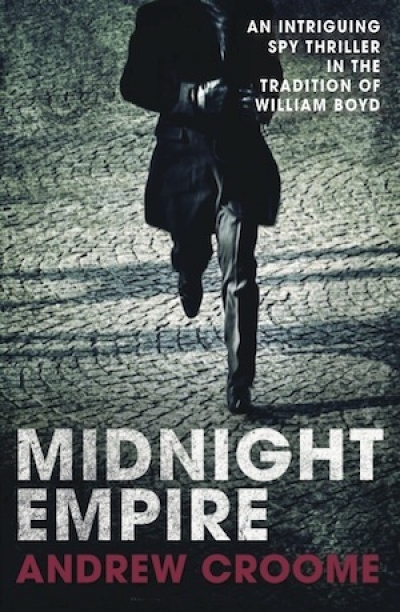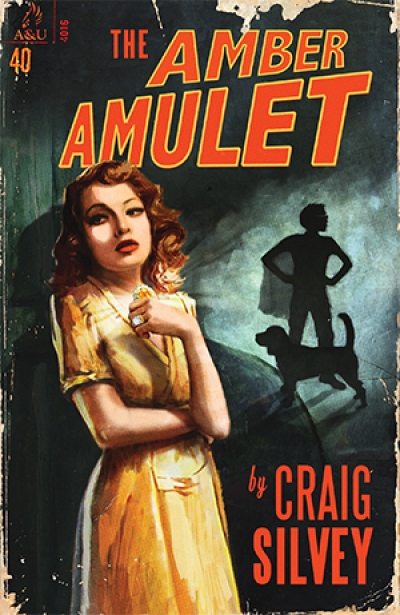Allen & Unwin
Murdoch’s Pirates: Before the Phone Hacking, There Was Rupert’s Pay-TV Skullduggery by Neil Chenoweth
by Joel Deane •
Vietnam: The Complete Story of the Australian War by Bruce Davies with Gary McKay
by Peter Edwards •
The Amber Amulet by Craig Silvey & Word Hunters: The Curious Dictionary by Nick Earls and Terry Whidborne
by Sophie Splatt •

